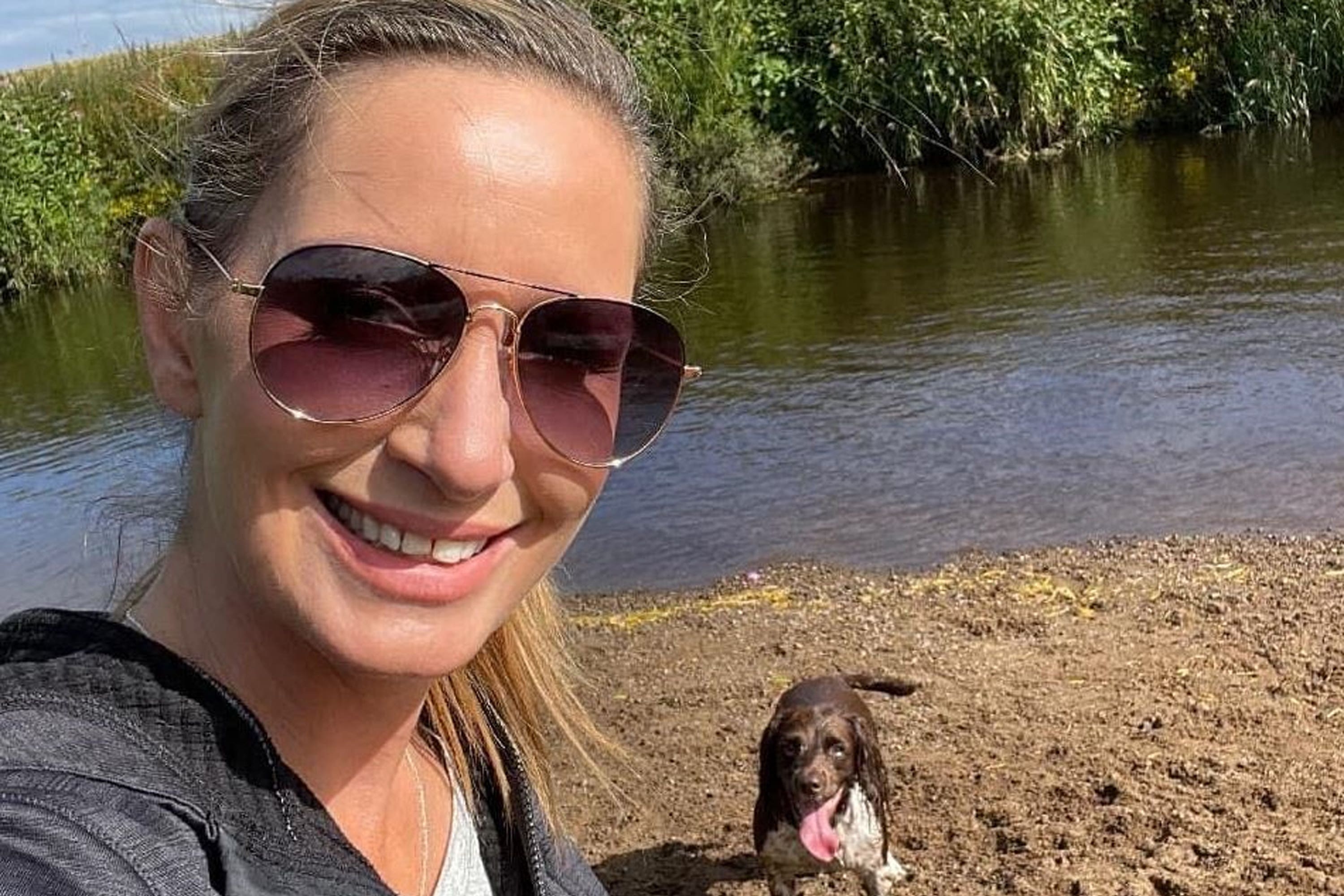The Nicola Bulley case has exposed deep flaws in UK policing
Editorial: There have been too many revelations during these inquiries and elsewhere about everyday, casual, institutional misogyny on a scale that is difficult to comprehend

The disappearance of Nicola Bulley at some point between around 9.10am and 9.20am on Friday 27 January has caused grievous suffering to her family, demanded substantial police resources, and seized the attention of the nation.
As with many missing person cases, there are particular challenges and frustrations that form an inevitable part of such an investigation. However, it is fair to say that the way the Lancashire Constabulary has conducted itself over the past traumatic three weeks hasn’t inspired confidence, and has instead, once again, raised troubling broader questions about the way the police view the safety of women.
It seems clear now that the flow of information provided by the Lancashire force about Nicola has been unsatisfactory, both from an operational standpoint and from a “comms” point of view. The late release of sensitive personal details about alcohol use “brought on by the menopause” can only have added to what Nicola’s partner Paul Ansell describes as their “unprecedented hell”.
It seems all too easy for the police to forget that there are two daughters, family, friends and loved ones who are also part of this story – as well as Bulley herself.
It is interesting to note that the police said only that they had “informed” the family of their decision – not requested approval or necessarily engaged in a meaningful consultation.
These details were offered late on Wednesday, after Assistant Chief Constable Peter Lawson and the senior investigating officer, Detective Superintendent Rebecca Smith, had revealed in an “update” press conference that Bulley had “specific vulnerabilities” and was “high risk”.
To do so begged the questions about precisely what those specific vulnerabilities were, and the subsequent (and inappropriate) stark revelations about alcohol issues, made by the police that evening. The family have recently had to follow up with even more medical details about the effects of menopause on Bulley.
This sequence of events is deeply unsatisfactory and damaging to the search for Bulley, as is becoming increasingly clear. The overly detailed disclosures about Bulley’s personal life contradict the impression given by the police in the early stages of the inquiry that Bulley was a sort of “everymum”, with no such vulnerabilities.
What the police should have done is to disclose at the outset that Bulley had some mental health issues, which is the most they could – and should – have done. Had they done so, the latest specifics about alcohol, the menopause and her medications would probably have not been revealed at all.
As it is, the sequence of events makes it look as though the police are most anxious to defend their own reputations, and justify aspects of the investigation that have been found wanting. It has been close to victim blaming.
Had Bulley’s possible state of mind been known earlier, for example, it would have changed the way the private diving team went about trying to find her. It might well have prevented – or at least lessened – what the police themselves called the flow of “false information, accusations and rumours”, particularly on social media.
It might also have ameliorated the intense public focus, and the threats to sell stories about Bulley that the family has rightly complained about. Ghoulish people have descended on the riverside, and all manner of tawdry and mawkish speculation has been generated by the vacuum left in place of an orderly and sensitive release of suitable information by the Lancashire force.
For their own sake, the police would have been able to be much more convincing earlier on about why they believed no third party was involved – but also, they could have been legitimately challenged about what they were so swift to rule out that option, and why they were so apparently attached to the “main hypothesis” that she had “fallen” into the river Wyre. They seem to have clung to this fixed idea even after other experts suggested it was implausible, if not impossible.
So Lancashire Constabulary, the county police and crime commissioner, and the home secretary, Suella Braverman, must ask searching questions about whether this force is now up to the job, and if it any longer carries the confidence of the family or the general public. They have referred themselves for investigation under the Independent Office of Police Conduct over the visit made by police officers to Bulley’s home on 10 January.
It all comes at a time when many feel that police forces across the country are visibly failing in their duty to make women feel safe and protected. The crimes of David Carrick and Wayne Couzens were particularly appalling. But there have been too many revelations during these inquiries and elsewhere about everyday, casual, institutional misogyny on a scale that is difficult to comprehend, let alone accept.
The Metropolitan Police has been subjected to “special measures”, and appears most frequently in the news – but the problem is national. A radical overhaul of the Nicola Bulley inquiry, giving it the care, sensitivity and resources it deserves, with much more effort on protecting the family, would be one step the authorities could take to restore public trust and confidence.






Join our commenting forum
Join thought-provoking conversations, follow other Independent readers and see their replies
0Comments